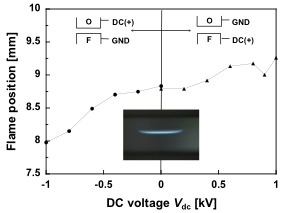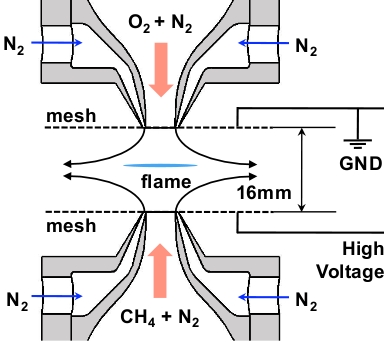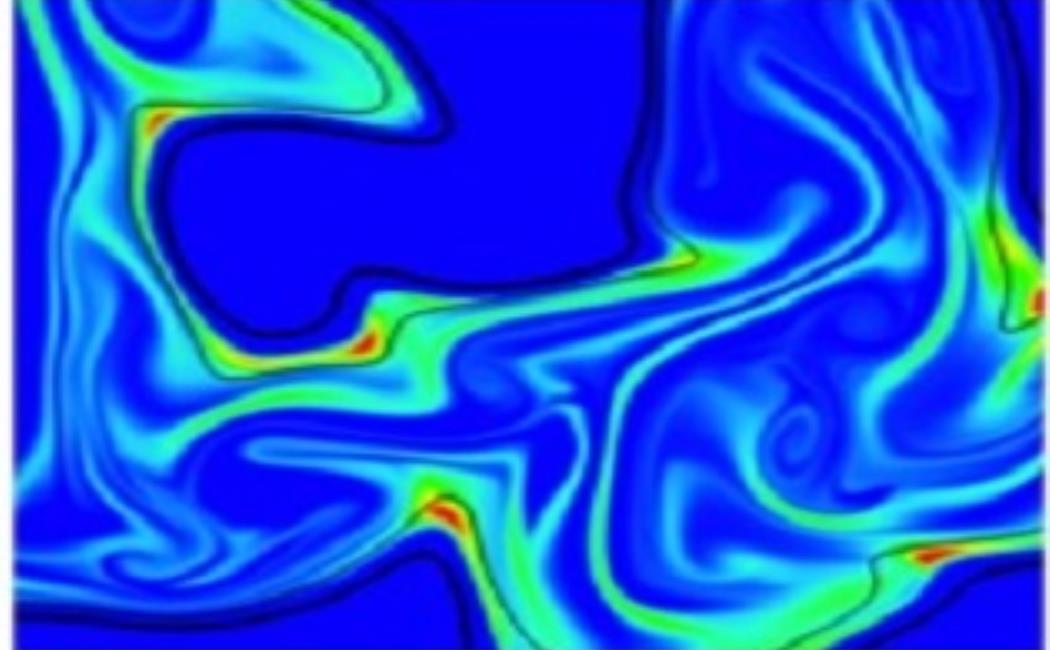The design of technical combustion devices is constrained by pollutant emissions and energy efficiency. Those issues are particularly important for the Kingdom of Saudi Arabia, given its role as an oil producer and its need for clean energy to sustain a growing population and economy. Reactive computational fluid dynamics (RCFD) simulations are routinely used to assist the design of internal combustion engines, industrial burners, stationary power and aircraft engine turbine combustors. Despite growing usage, RCFD simulations are not yet predictive due to:
1) model deficiencies
2) incomplete knowledge of thermo-physical parameters and reaction networks, and
3) operational uncertainties that may affect inlet fluid flow rates, compositions, temperature and pressures, cooling rates, mechanical load, and device geometry. It is widely recognized that UQ could provide useful guidance in combustion science and technology applications.


We will utilize the counter-flow burner with applied electric field as a realistic setup to develop and demonstrate methods for forward propagation, parameter inference, and model reduction.
Thrust Leaders: Fabrizio Bisetti and Omar Knio


